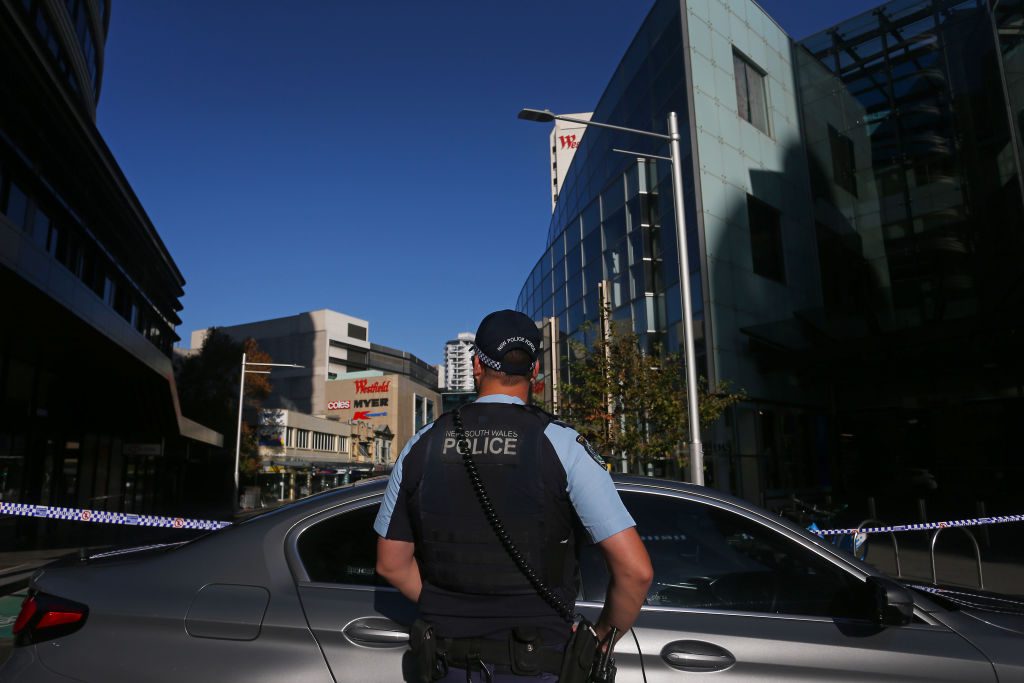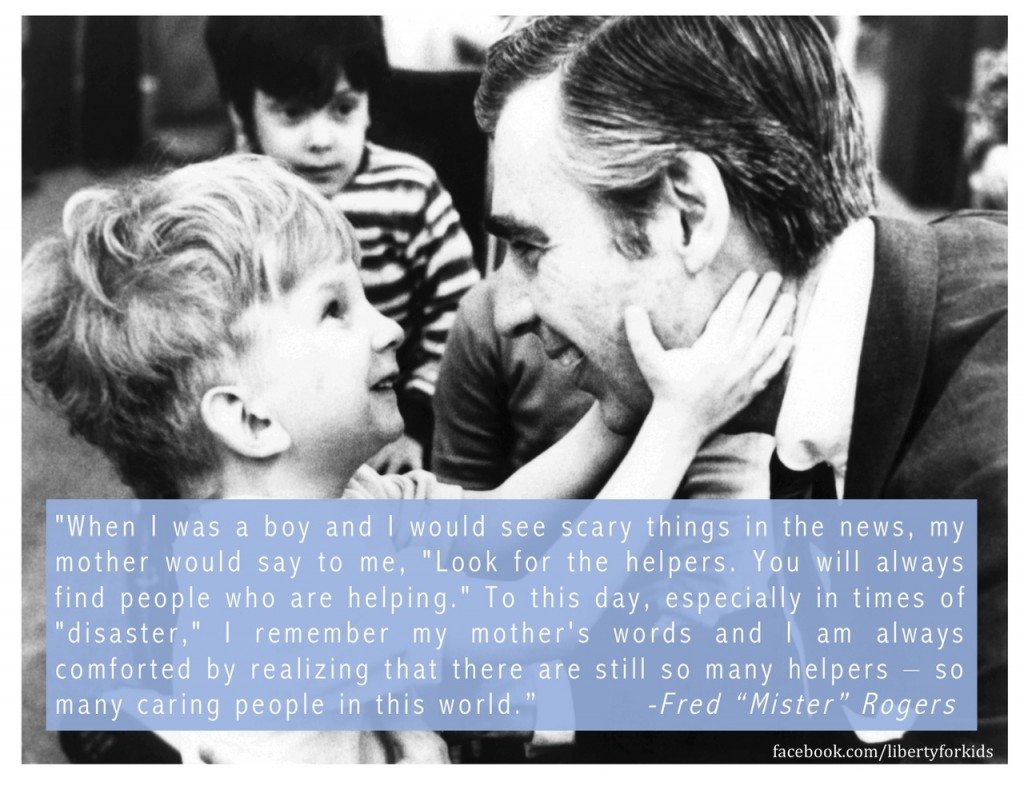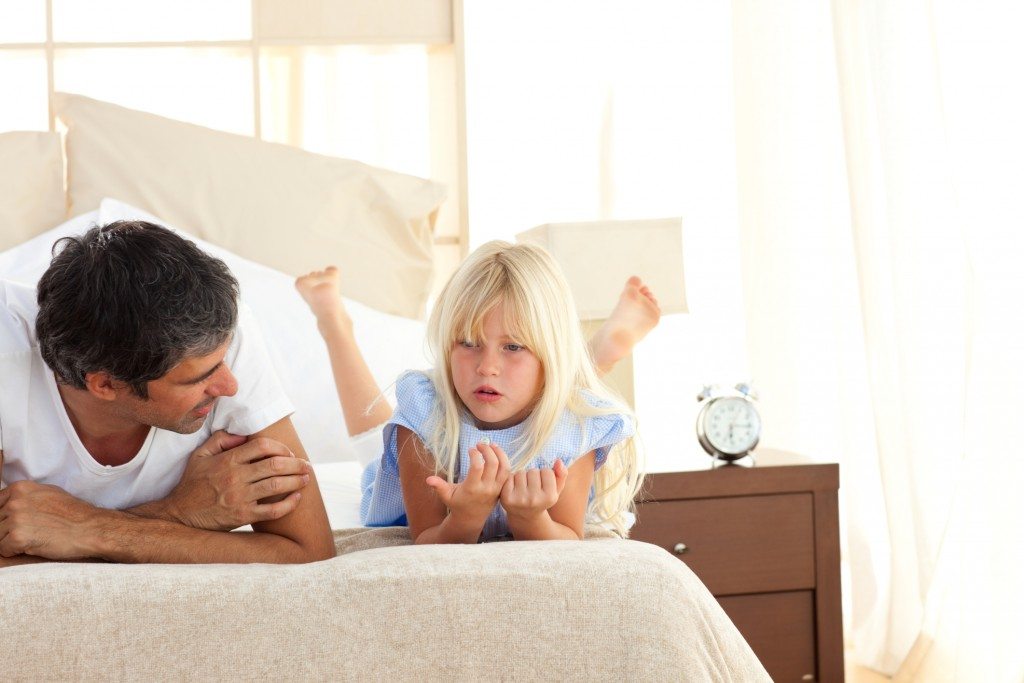Many aspects of the stabbing attack at Bondi Junction are hard to comprehend, but one of them is surely how this could happen in a place where so many children were present.
The incident occurred as the New South Wales school holidays commenced, meaning the mall thronged with families that afternoon.
The most shocking detail of the attack is that a nine-month-old baby is among those who were stabbed, with her mother succumbing to her injuries on Saturday evening.
Westfield Bondi Junction is a place where children are frequently present. The events that unfolded on Saturday afternoon may have your children fearful to visit similar locations, and you may be wondering how you can talk to them about the horrific attack.
Additionally, our children are growing up in a world with unprecedented access and exposure to media – seeing images and stories from unfolding situations like the one at Bondi Junction can be very scary and stressful for young ones.
Addressing children’s fears and concerns about these events is necessary to help them cope, but how do we do this without causing elevated anxiety and depression?
Everyone in your family including your children will likely have different ways of dealing with traumatic events.

Things to consider about your child’s age group:
Pre-school and toddlers
Very young children can confuse the facts with their imagination and become overwhelmed, unable to sort distant from immediate threat, therefore it’s best to avoid exposure to news for this age group.
School-age children
This age group are able to understand the differences between real events and fantasy, however may need some help with managing this, they may see the rebroadcasting of the original story as further events.
Teenagers
May be interested in the wider implications of the events and feel they are required to take action or become involved in charitable activity. They may become reflective and relate the events to their own lives or re-examine their lives and interests. Conversely they may become immune to the repetitive nature of the reporting on the events.
How can I tell what my child might need?
It’s not always possible to read what your child is feeling and thinking. It’s important to recognise that your child may not want to talk about how they are feeling right away.
Clues that may arise to let you know your child is in distress are: regressive behaviour (reverting to younger behaviour), nightmares, and an excessive interest in violence.
“Contrary to parents’ fears, talking about violent acts will not increase a child’s fear. Having children keep scared feelings to themselves is more damaging than open discussion.”
Robin F. Goodman, Ph.D, NYU Child Study Center
How do I start a conversation?
You may like to start by asking your child or children what they have heard or seen and if they have any questions. It’s important to avoid going into detail about the issue until you understand what their key concerns and fears are.
Discussions with older children may offer opportunities to talk about mental health, qualities of tolerance and compassion, non-violent solutions and how these may relate to issues in everyday life. Be sure to pay attention to non-verbal cues like facial expressions and body language this can help you with knowing how much or little information they can cope with at any given time.
Follow the lead of your child; consider your child’s age group and temperament.
Find out what information has been given at school, so you are able to coordinate messaging. Their teacher may also be aware of what, if any, are your child’s concerns.
 Focus on hope
Focus on hope
Perhaps your family can talk about the actions of emergency services and heroic individuals in these traumatic events. You may also like to discuss ways of offering support to affected people or becoming involved in your local community.
Remember, “If you feel you haven’t gotten it right the first time, give yourself a break and try again later.”
Harold S. Koplewicz, MD, Child Mind Institute
For further assistance you can contact Kids Helpline, a free, 24-hour counselling service for young people aged 5-25 years. Counselling is offered by phone, email and over the web.







